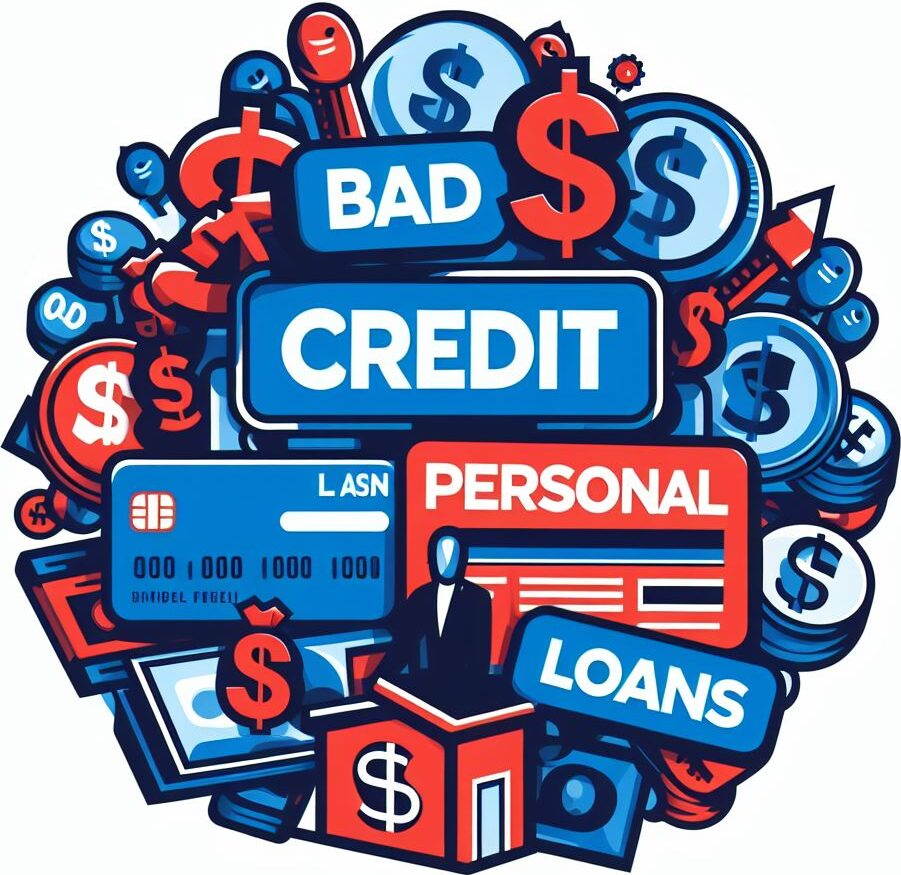I’m going to break down the concept of debt consolidation and what it aims to achieve. Imagine you have multiple bills piling up – credit cards, student loans, maybe a medical bill or two. Debt consolidation rolls all those different debts into one. It’s not just a strategy to simplify life; it’s also about crafting a plan that can make repayment more manageable and save you on interest charges in the long run.

This isn’t just about bundling debts together, though. Ideally, consolidation can streamline your finances and potentially improve your credit. But here’s the deal: while you could end up with a healthier credit score thanks to a more organized payment calendar and potentially lower interest rates, this outcome isn’t a guarantee. Success depends on factors like the terms of your new loan and your financial habits moving forward.
Then there’s the other side of the coin – the risks. It’s important to understand that debt consolidation can sometimes lead to misunderstandings. For example, it won’t lower the total amount of debt you owe, and it’s not a quick fix for poor credit. If not done right, it could even hurt your credit score if it leads to higher loan balances or if it tempts you to rack up more debt on those now-zero-balance credit cards.
How Debt Consolidation Can Improve Your Credit Score
When you’re juggling multiple debts, each with its own interest rate and payment schedule, it’s easy to feel overwhelmed. Here’s where debt consolidation steps in as a possible solution. It combines all those pesky payments into one, often at a lower interest rate. I’m going to explain how that can lead to improving your credit score.
One of the key ways debt consolidation can be beneficial is by ultimately lowering your credit utilization ratio. That’s a fancy term for the amount of credit you’re using compared to the amount you have available. Credit scoring models love it when you use less of your available credit, so folding several high-interest debts into a single loan can work wonders for your ratio, and hence, bump up that credit score.
Now, it’s not just about consolidating debt; it’s also about your payment history. Making on-time payments on your consolidated loan is a massive plus for your credit report. In fact, your payment history is the largest factor affecting your credit score. By focusing on just one payment, you’re less likely to miss the due date, and you could see a positive shift in your credit score before you know it.
Stick with me here, because managing debt through consolidation isn’t a sprint, it’s a marathon. If you set up a solid consolidation plan and follow through with consistent payments, you’re going to find out about longer-term benefits. Over time, as you pay down the loan, you’re not only saving money on interest but you’re also establishing a proven track record of responsible credit use, which is music to lenders’ ears.
The Short-Term vs. Long-Term Effects of Debt Consolidation on Credit
Understand that when you first apply for a debt consolidation loan, you’re likely to experience a small dip in your credit score. That’s due to the hard inquiry that lenders make on your credit report to determine your eligibility. Don’t worry too much about this; it’s a normal part of the process and your score should bounce back fairly quickly.
You might be wondering about the immediate effects after consolidating your debts. In the short term, you could see a slight decrease in your credit score. It’s important to know this isn’t a sign of failure but a common occurrence. The initial hit is usually modest and temporary.
Moving beyond the initial impact, debt consolidation has the power to rewrite your credit story in the long run. By rolling your debts into one, you not only could get a lower interest rate but also a structured repayment plan. This has a lot to do with showing future creditors that you’re taking charge of your finances.
Consistent on-time payments made towards the new loan will reflect positively on your credit report. This is where the long-term benefits kick in. Each timely payment demonstrates to creditors that you’re a responsible borrower and this can do wonders for repairing your credit over time.
Best Practices for Successful Debt Consolidation
Now, if you’re looking into debt consolidation, I’m here to help you with a few nuggets of wisdom to make your journey a bit smoother. First off, it’s crucial to take a hard look at your overall financial picture. Assessing your current debts, interest rates, and monthly payments is step one. This gives you a clear benchmark for improvement post-consolidation.
On-time payments are your best friend in this scenario. Consistent, timely payments post-consolidation can help improve your credit score over time. Plus, they showcase responsible credit behavior to potential lenders. This is the kind of track record you want to establish.
Avoiding new debt is like avoiding that second slice of cake—it’s tough but so worth it. Accumulating more debt while you’re trying to consolidate just adds to the pile you’re trying to manage. Keep that credit card tucked away and focus on sticking to your consolidation plan.
Choosing the right debt consolidation strategy comes down to personal circumstances. Whether it’s a consolidation loan, balance transfer credit card, or a debt management plan, the goal is the same: find something that resonates with you and your financial goals. Your first attempt at consolidation doesn’t need to be your last—adjust your approach as needed.
Last but not least, consider seeking advice from a credit counselor or financial advisor. They can guide you towards the most effective consolidation strategy for your unique situation. Remember, taking control of your debt is a commendable step. With the right approach and discipline, debt consolidation can be a powerful tool in rebuilding your financial health and improving your credit score.

Hi there
I like that your article effectively explains how debt consolidation can simplify debt management and potentially improve credit scores by lowering interest rates and organizing payments.
It emphasizes the importance of responsible financial habits and consistent on-time payments for successful debt consolidation. The inclusion of both short-term and long-term effects on credit, along with best practices and expert advice, makes it comprehensive and informative.
How do you decide which debt consolidation strategy is best suited for your financial situation?
Hi Troy,
Thank you for your thoughtful feedback! I’m glad to hear that you found the article on debt consolidation helpful and comprehensive.
Deciding which debt consolidation strategy is best suited for your financial situation involves assessing several factors. Firstly, evaluate the interest rates and terms offered by different consolidation options such as personal loans, balance transfer credit cards, or home equity loans. Consider your credit score, as it influences the interest rates you’ll be eligible for. Additionally, review your total debt amount and monthly budget to ensure the chosen strategy is affordable and sustainable in the long run. It’s also wise to consult with a financial advisor to tailor the best approach to your unique circumstances.
#DebtConsolidation #FinancialPlanning #CreditManagement #DebtRelief #PersonalFinance
Feel free to reach out if you have any more questions!
Best regards,
Jeff